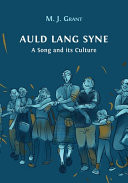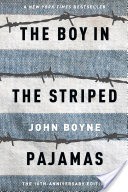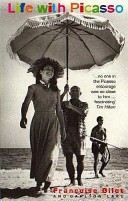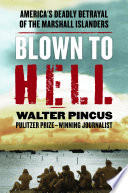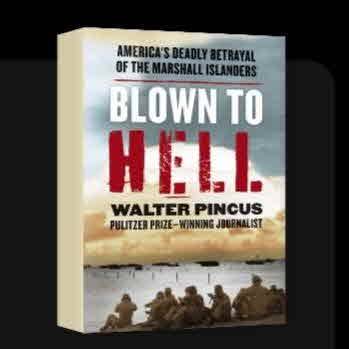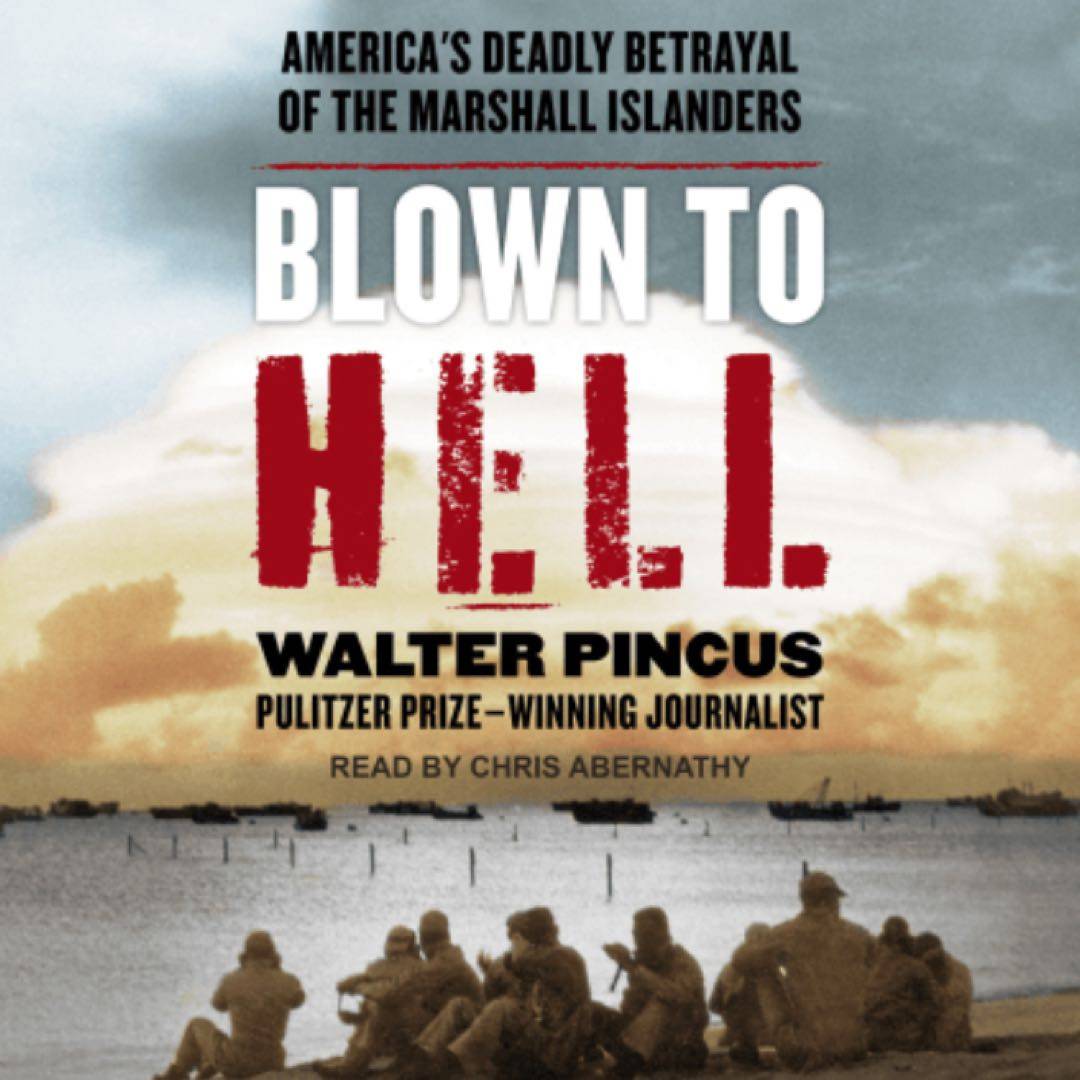
An interesting account of the impact of the US nuclear tests on the people of the #marshallislands.
In 1954 the US detonated a bomb that was a thousand times more powerful than Hiroshima- and the resulting fall-out decimated the islands and the lives of the inhabitants.
The audio narrator was a little bit robotic (maybe due to me listening at 1.8x) so I switched to digital print for the final 20% - much better.
#readingoceania24







